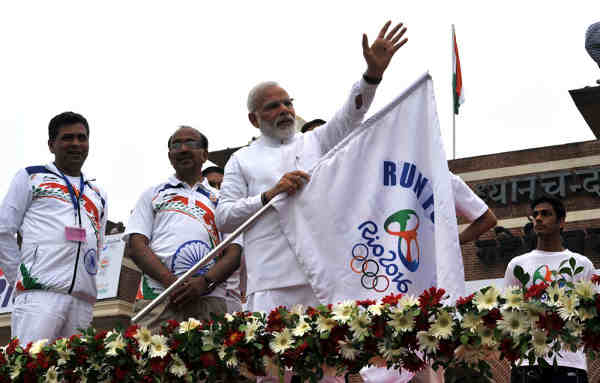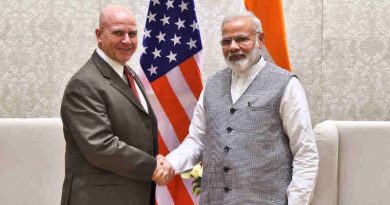Economic Growth Slowed to a Six-Year Low in India: IMF

In its country report released Monday (December 23), the International Monetary Fund (IMF) has stated that growth in India has slowed to a six-year low in the first half of 2019.
With both consumption and investment decelerating owing to weak, especially rural, income growth, stresses in the non-bank financial sector, and corporate and environmental regulatory uncertainty, India is facing an extreme economic slowdown.
Also, IMF suggests that economic development projects and enhanced social initiatives in India will be vital in the coming years. But to generate the revenue needed to get them off the ground, India’s debt—among the highest in emerging markets—must be reduced, IMF cautioned.
Recently, a former Prime Minister (PM) of India and leading economist Dr. Manmohan Singh said that the state of our economy is deeply worrying and the sharp slowdown in India’s economy is having disastrous consequences, particularly for farmers, youth, and the poor.
He said that the new GDP figures indicate that the growth rate of our economy in the second quarter of current fiscal year (2019-20), is as low as 4.5%. This is clearly unacceptable and the aspirations of our people want that this country should grow at 8-9% per annum and therefore the sharp decline in growth rate from 5% in the first quarter to 4.5% in the second quarter is indeed worrisome.
IMF suggests that greater fiscal transparency in India can boost the ability of investors and citizens to make informed and efficient financial and economic decisions. In the coming years, it says, India should recommit to debt reduction by reducing its public sector borrowing requirement.
As part of the Group of 20, India has already committed to publishing general government fiscal information on a quarterly basis, which should enable better monitoring and faster policy reactions.
As a complement, India will have to improve the collection and disclosure of information on public enterprises, especially at the state level, in order to better anticipate possible cases of financial distress and minimize their costs for taxpayers.
Yet, according to IMF, more information does not necessarily imply more transparency for citizens. Information is currently scattered across many documents and websites, making it difficult to obtain a comprehensive account of the use of public resources.
Going forward, IMF suggests, the federal and state governments should look to provide the public with more user-friendly and forward-looking information and narratives and adopt common standards to ensure that citizens in all states have equal access to fiscal information.




